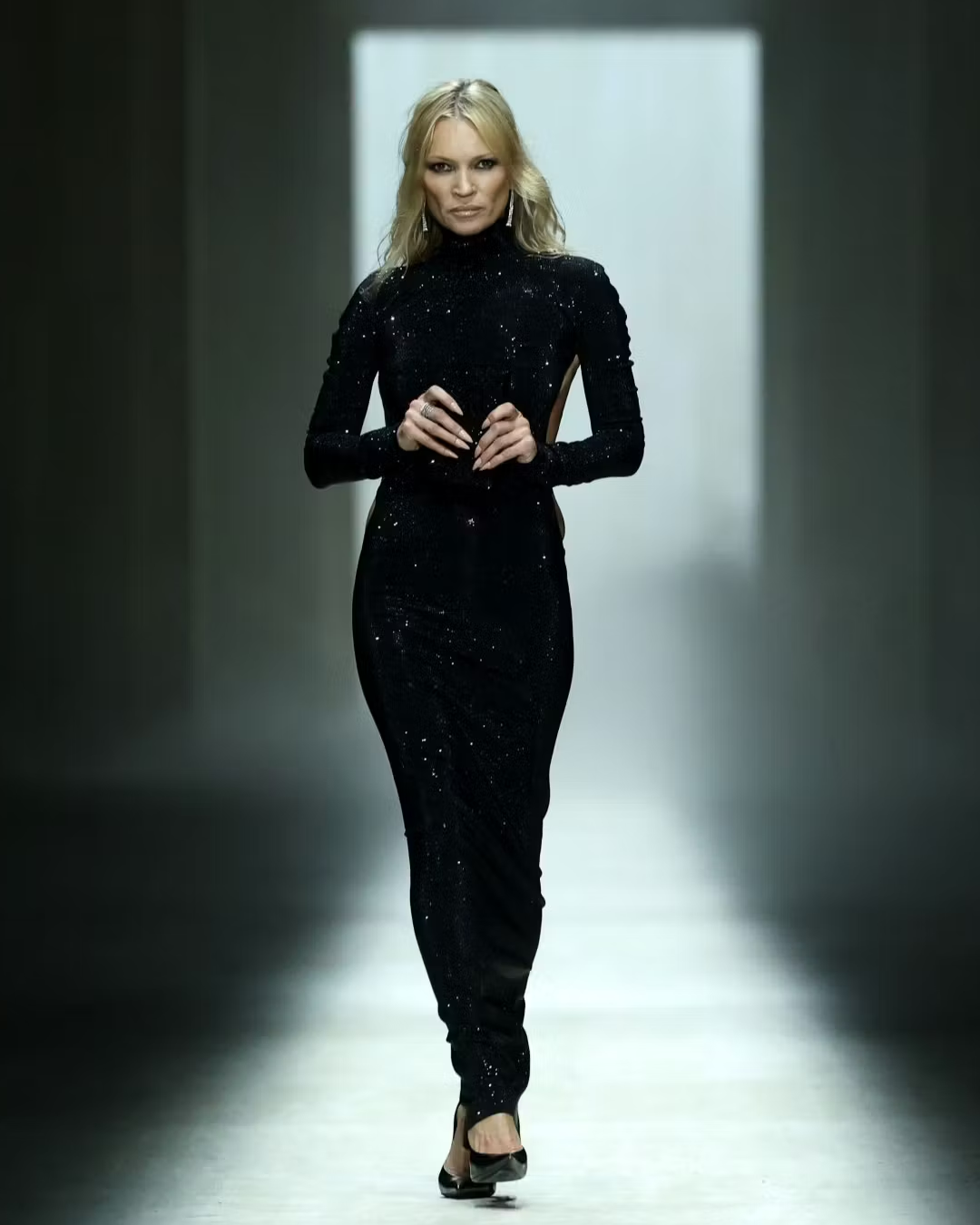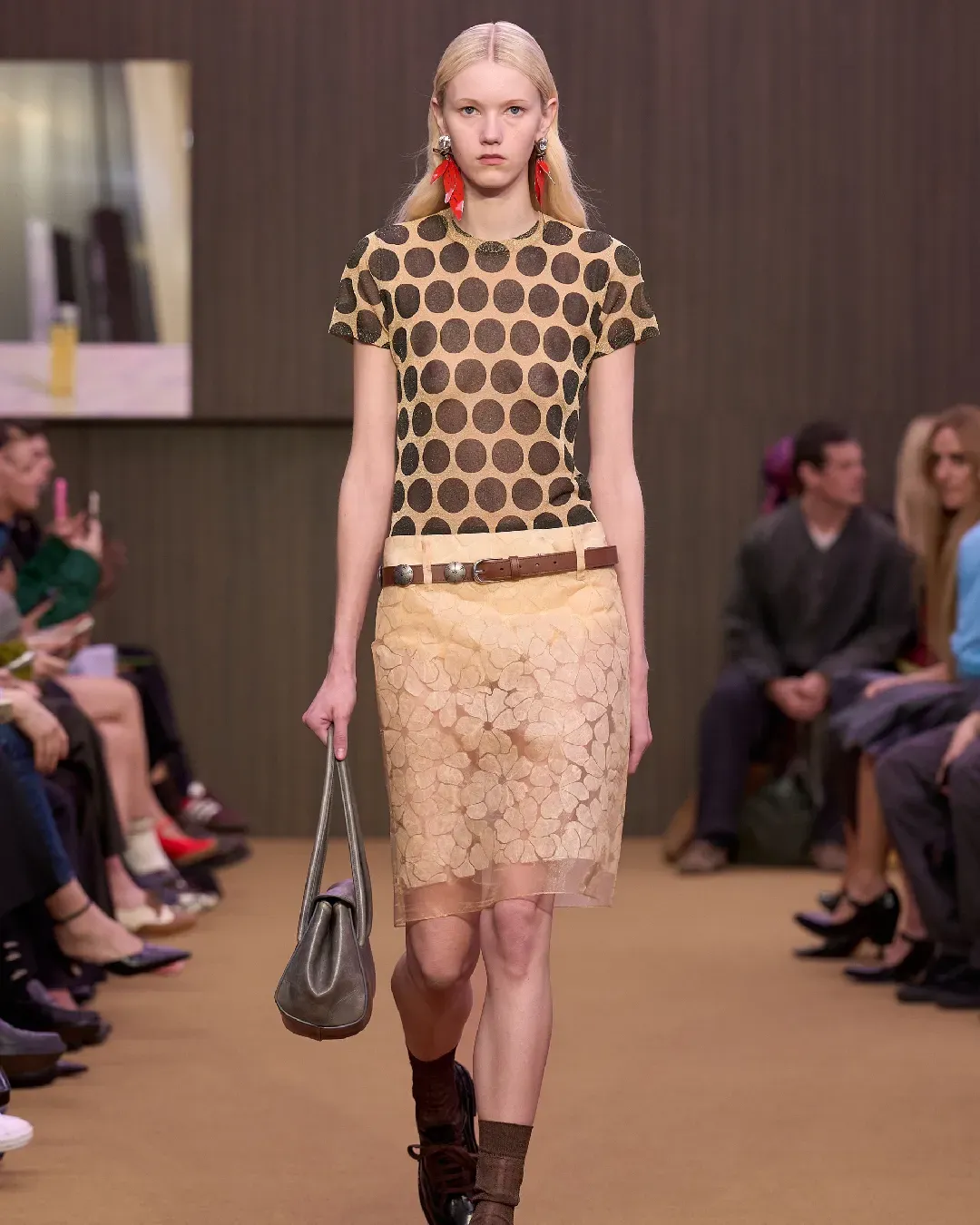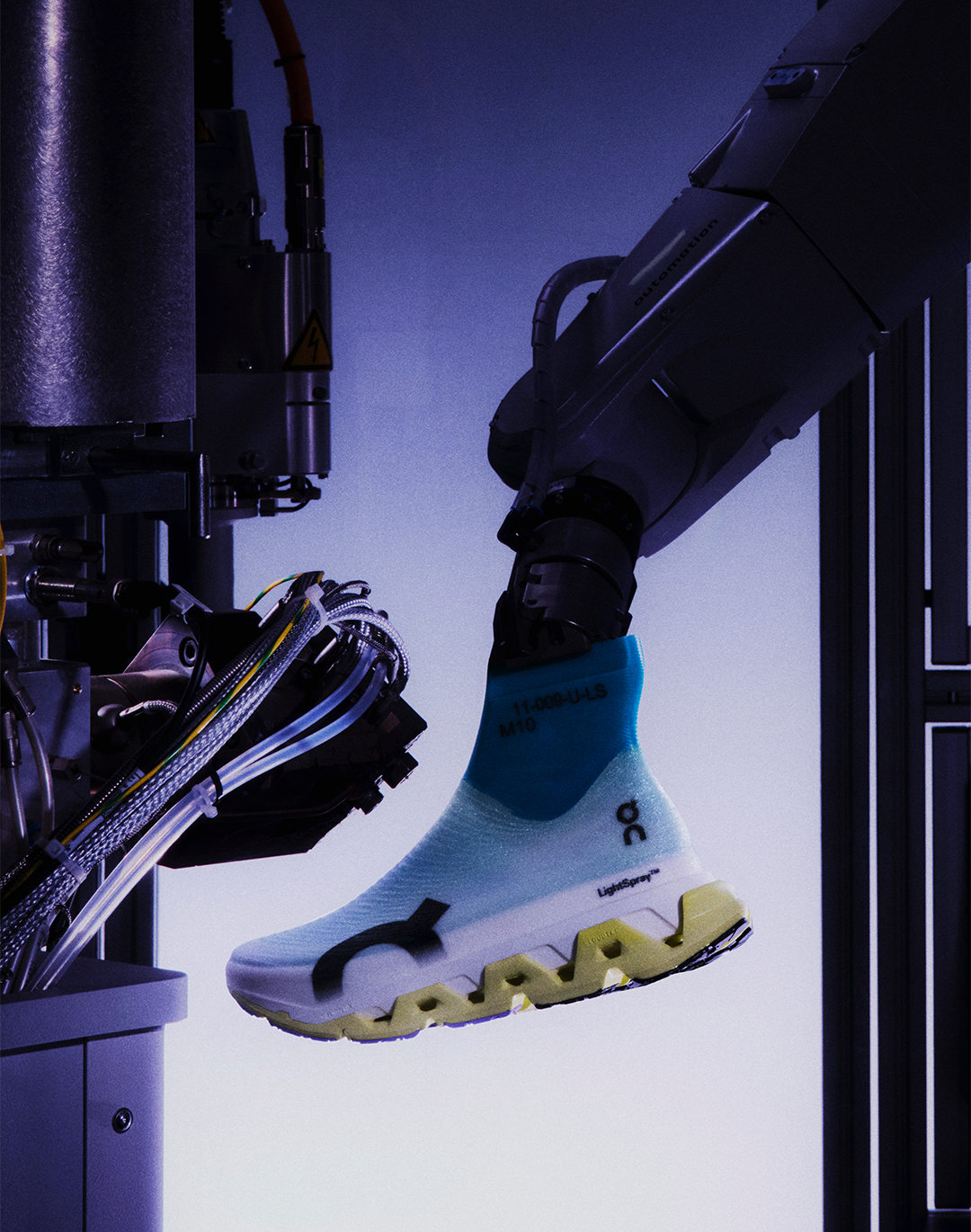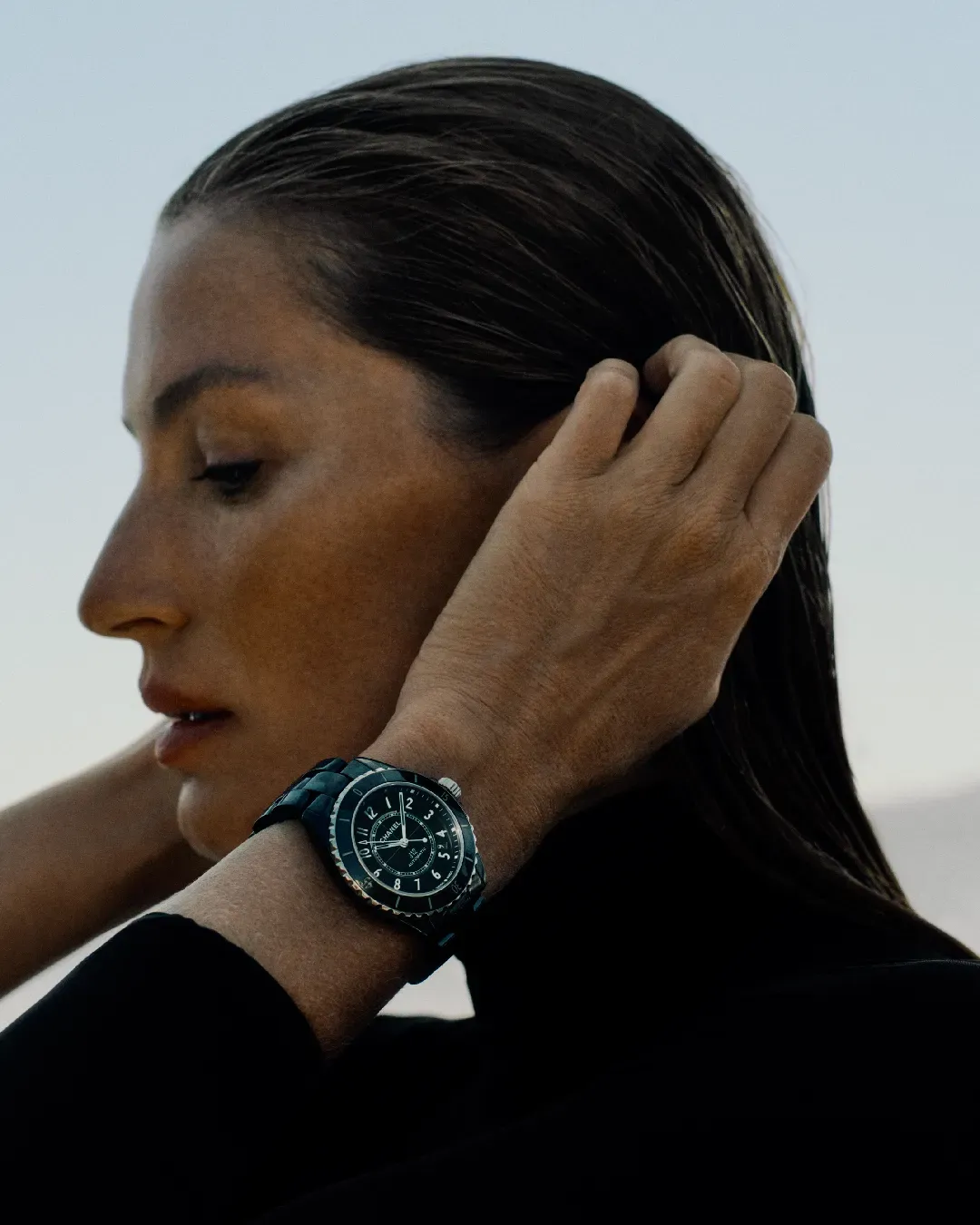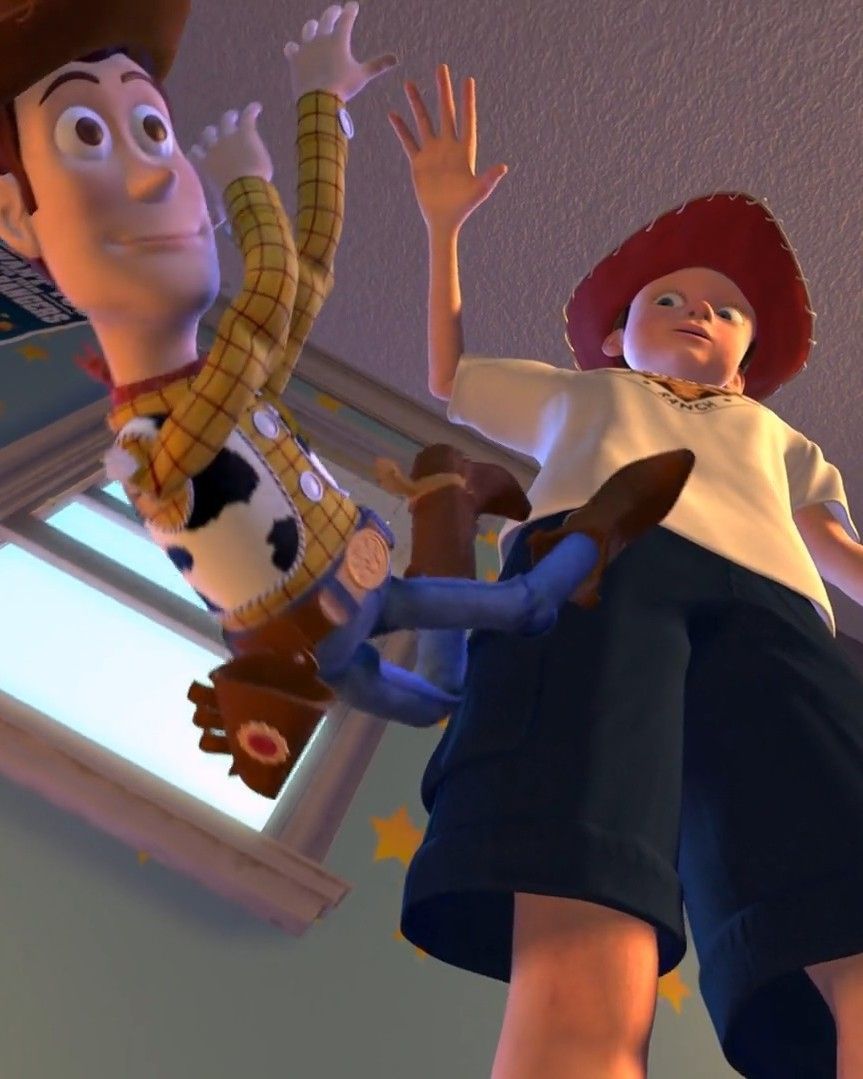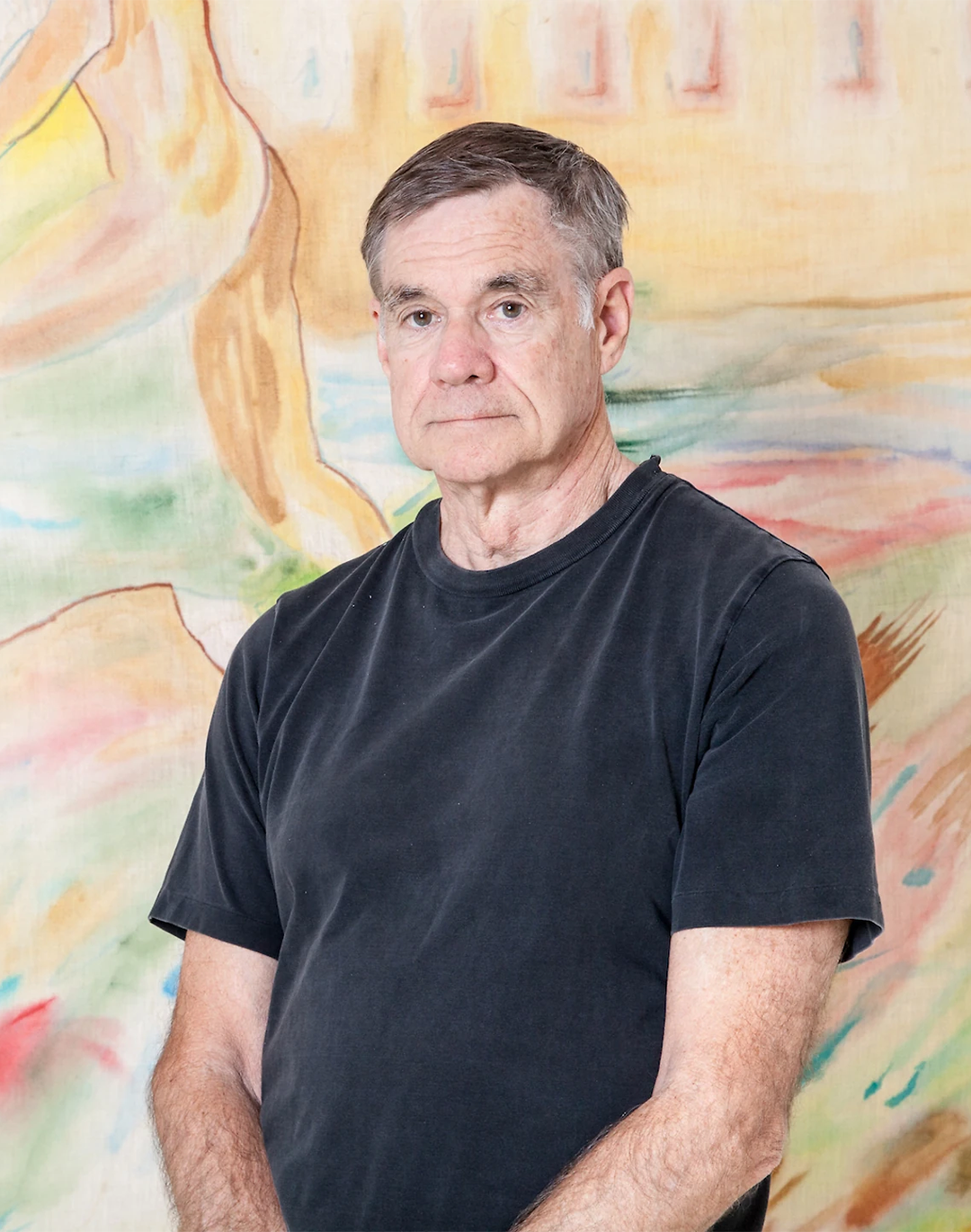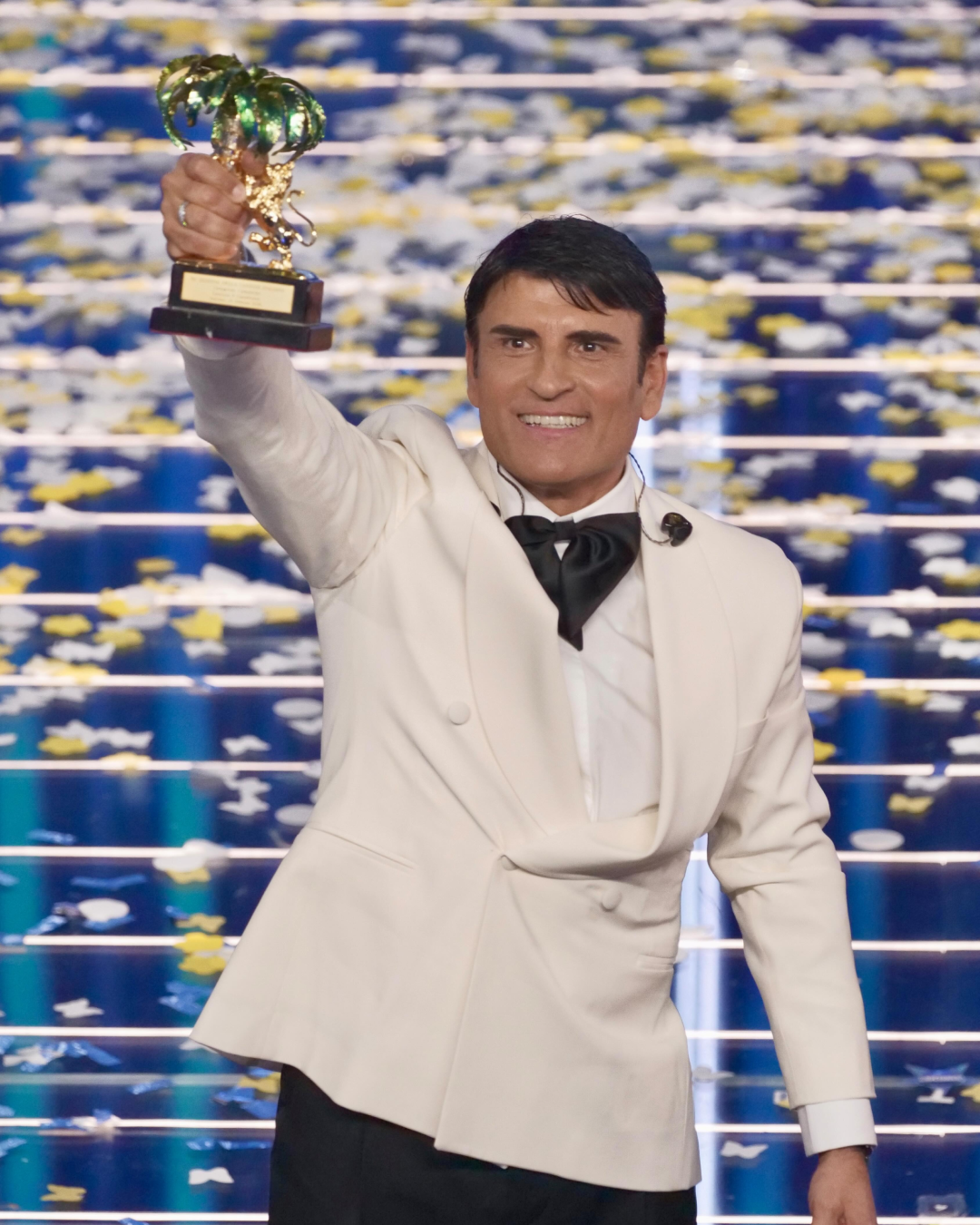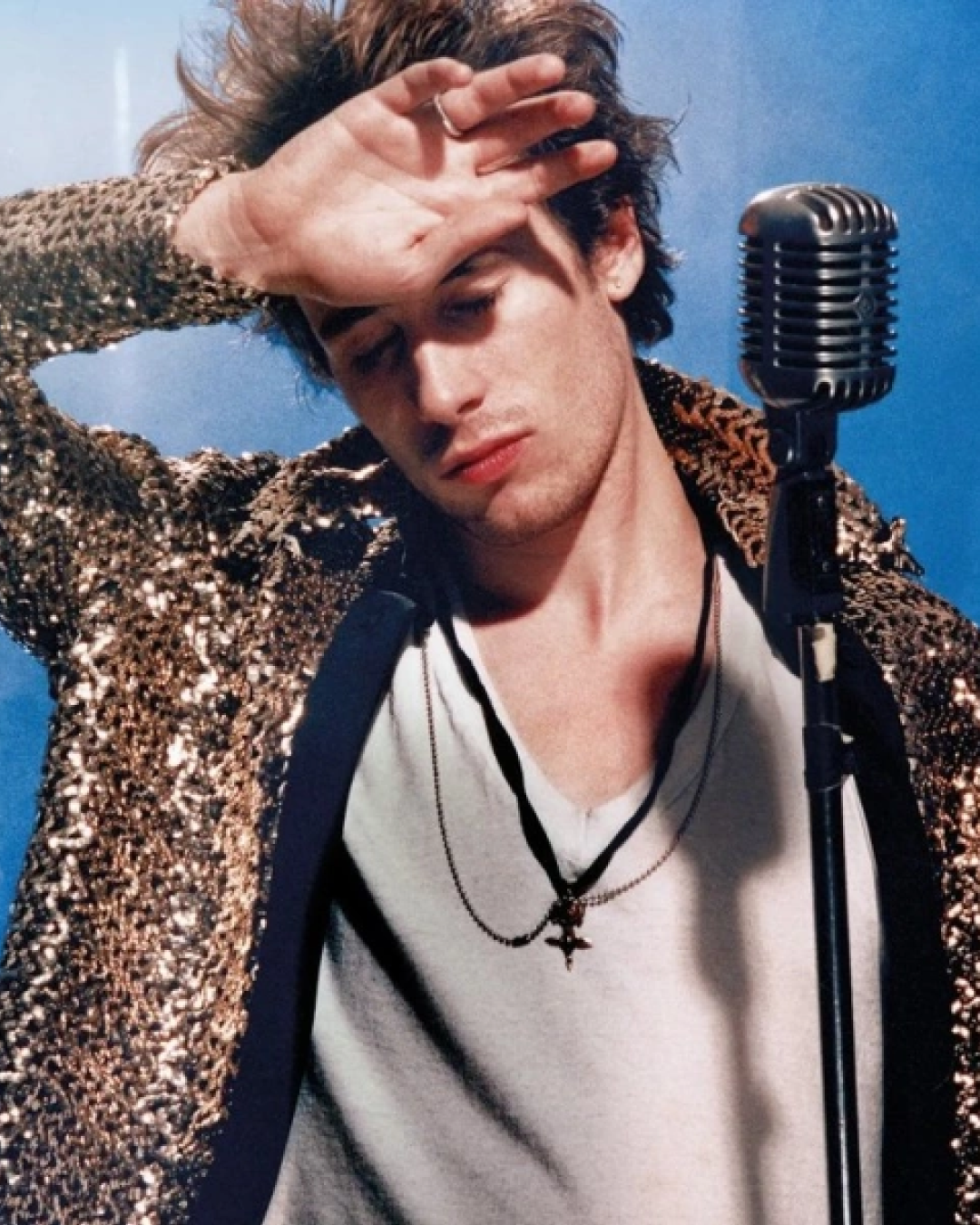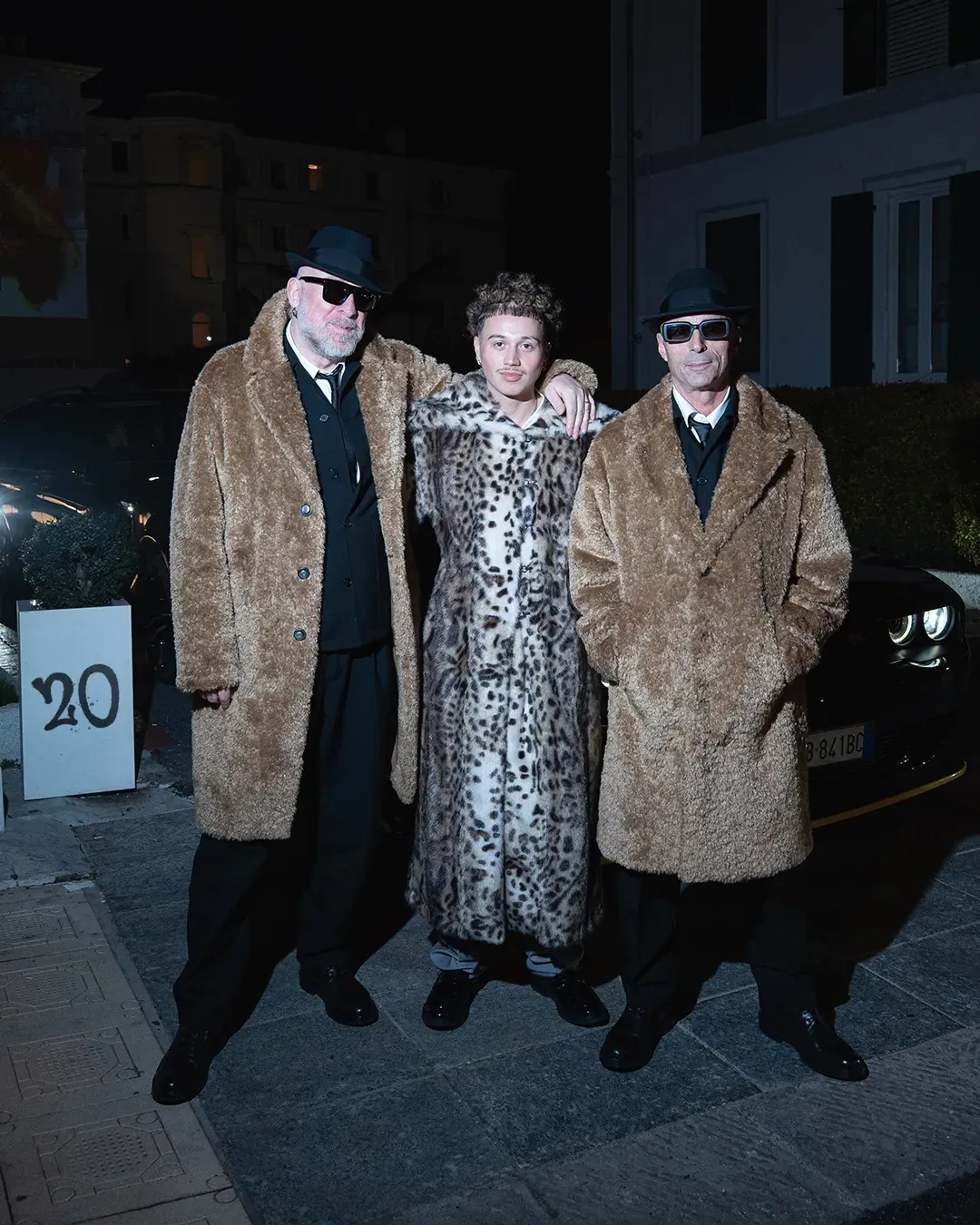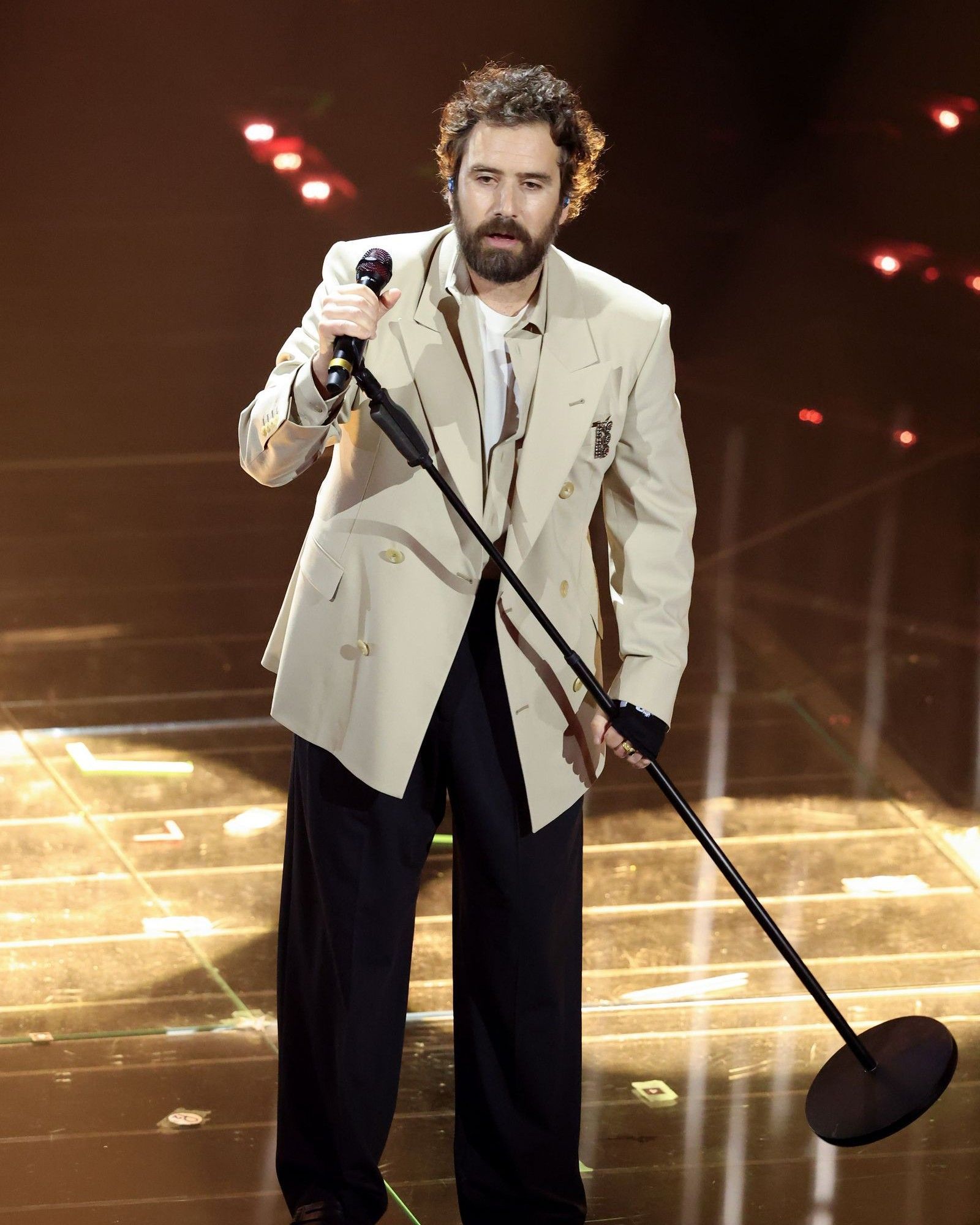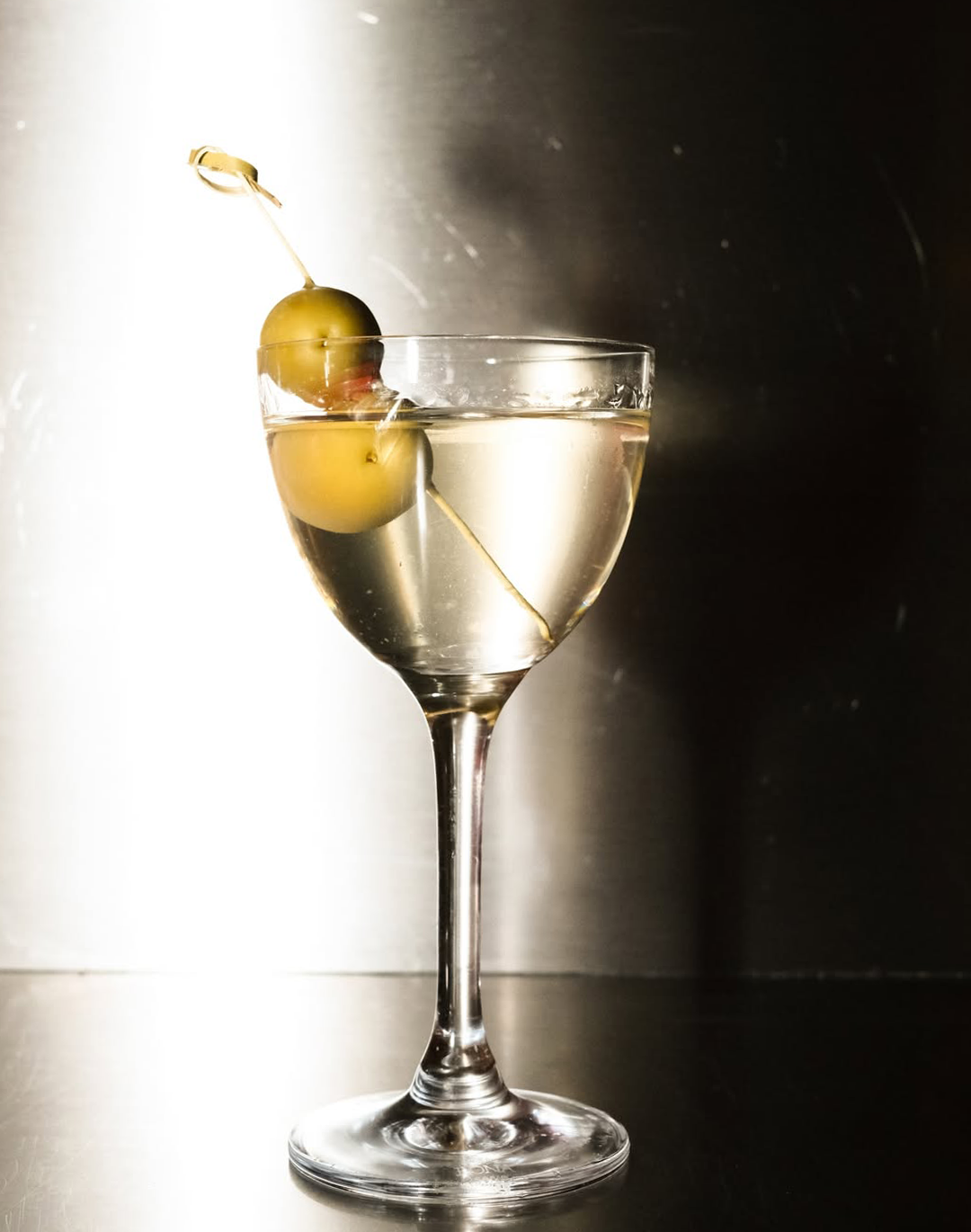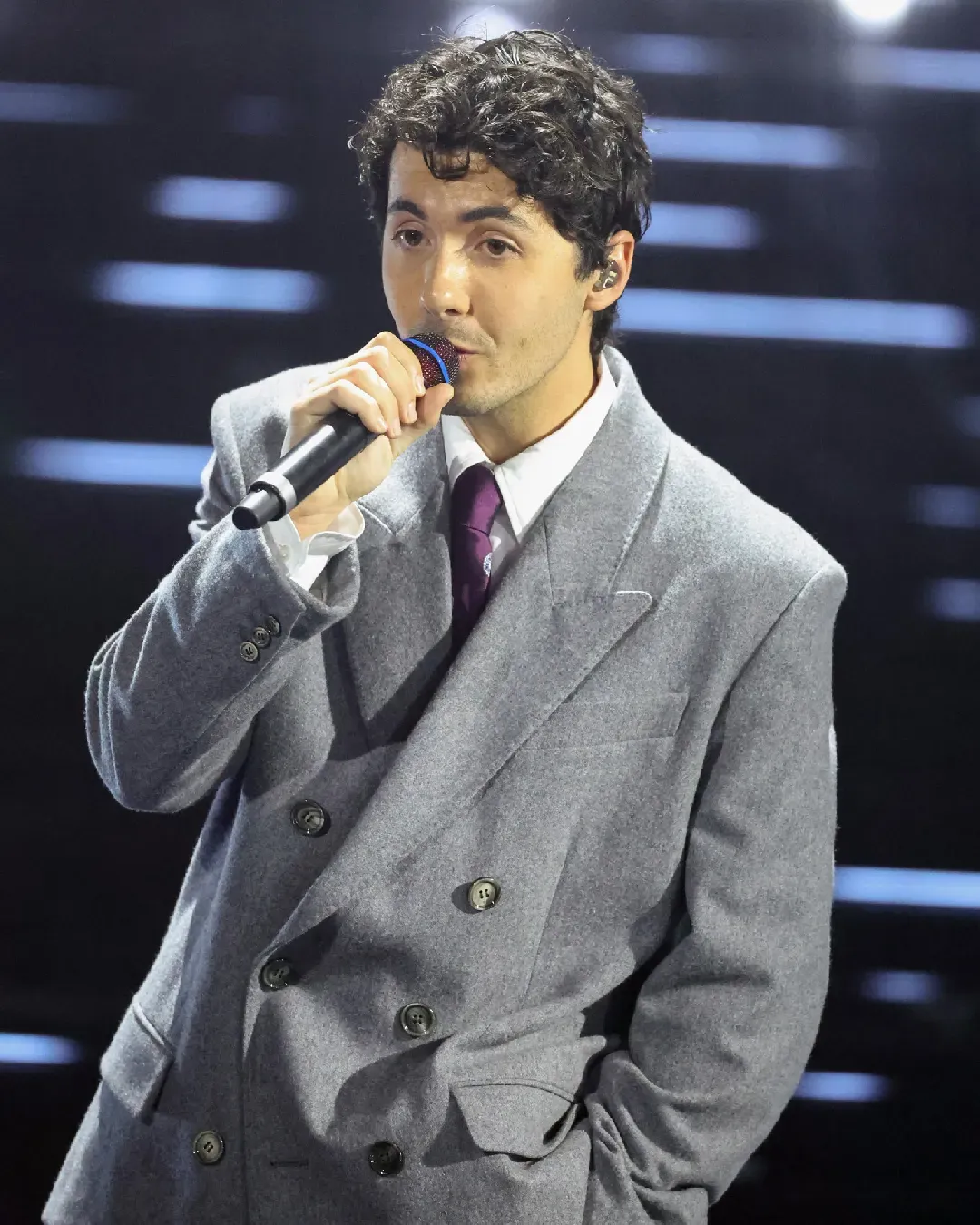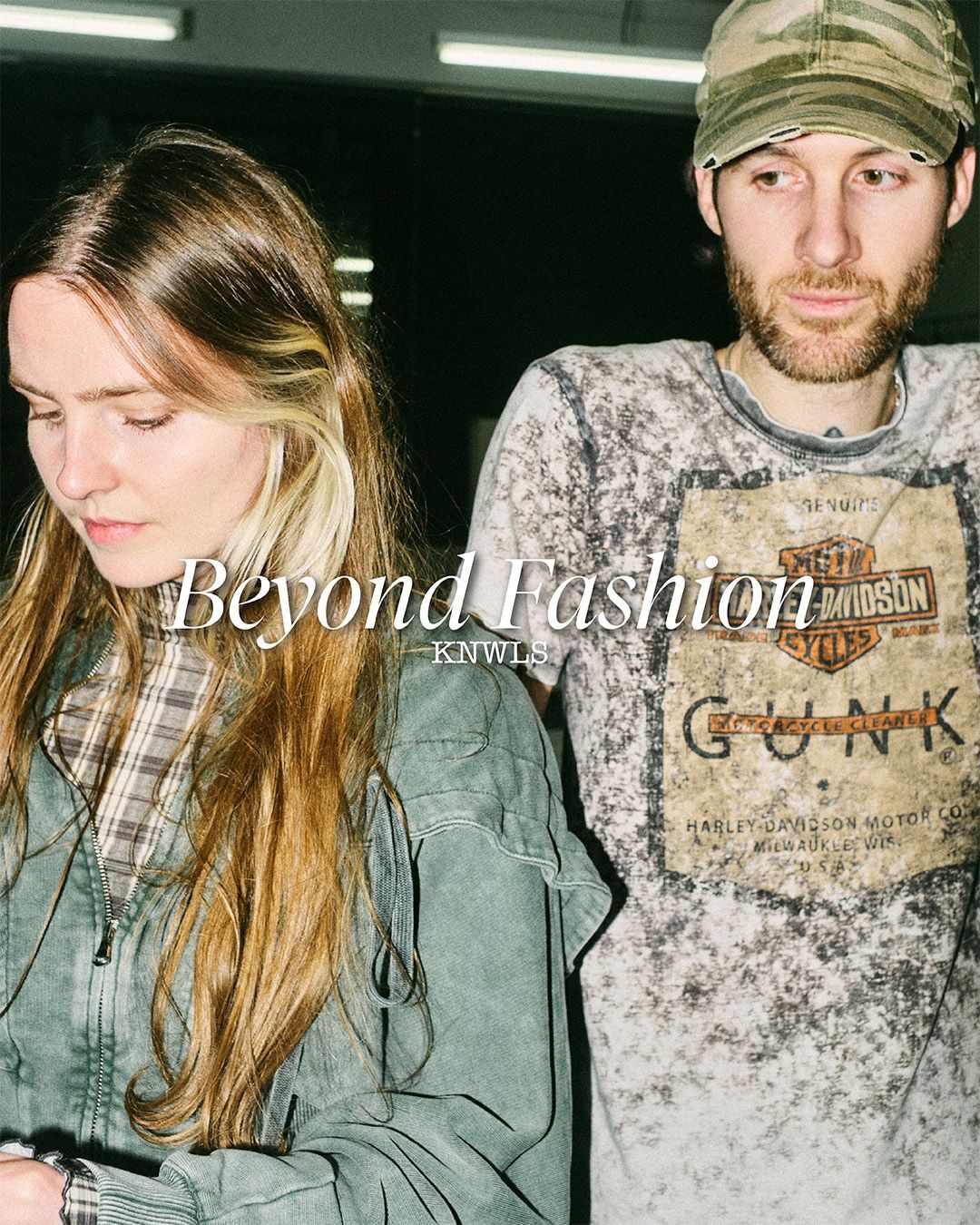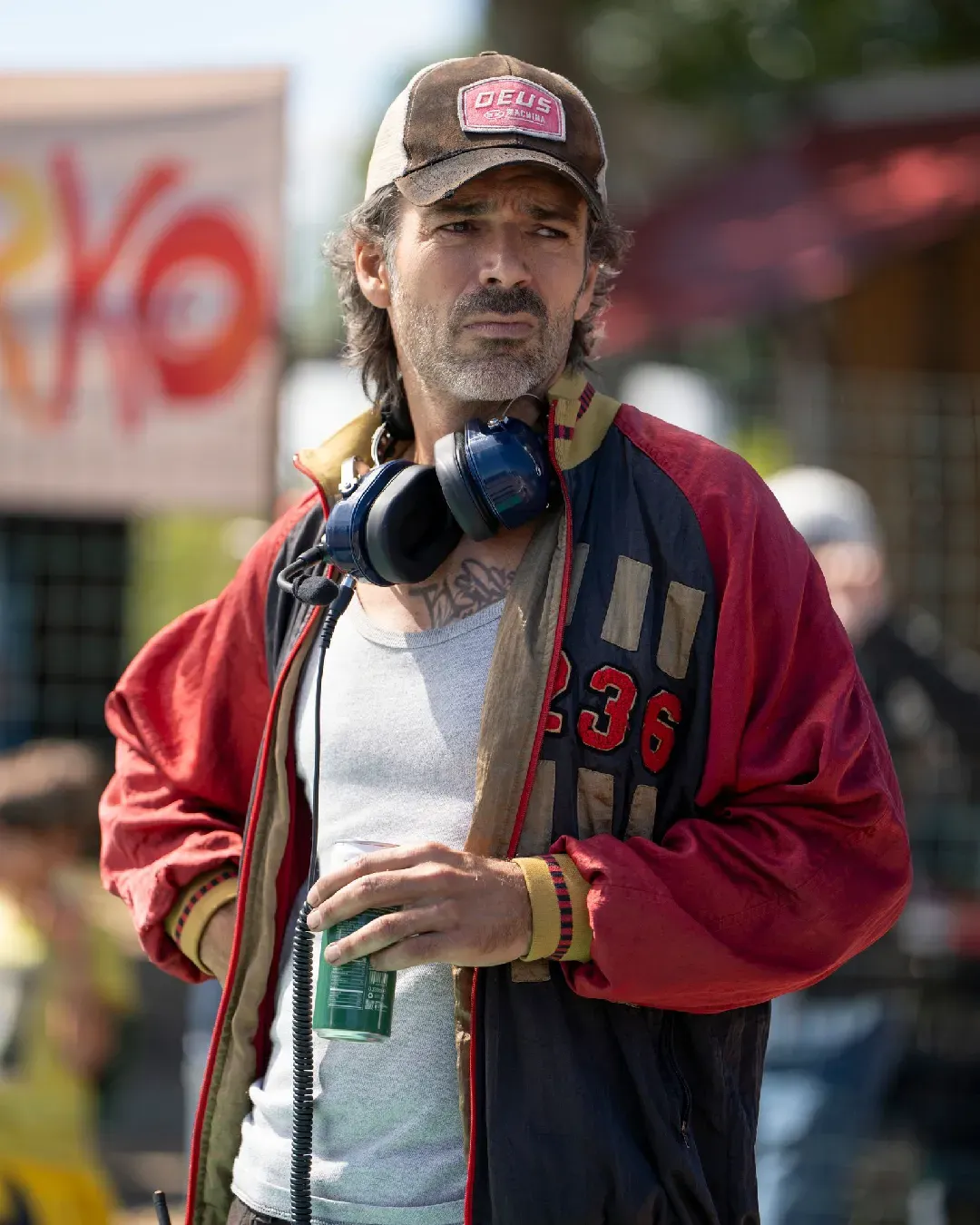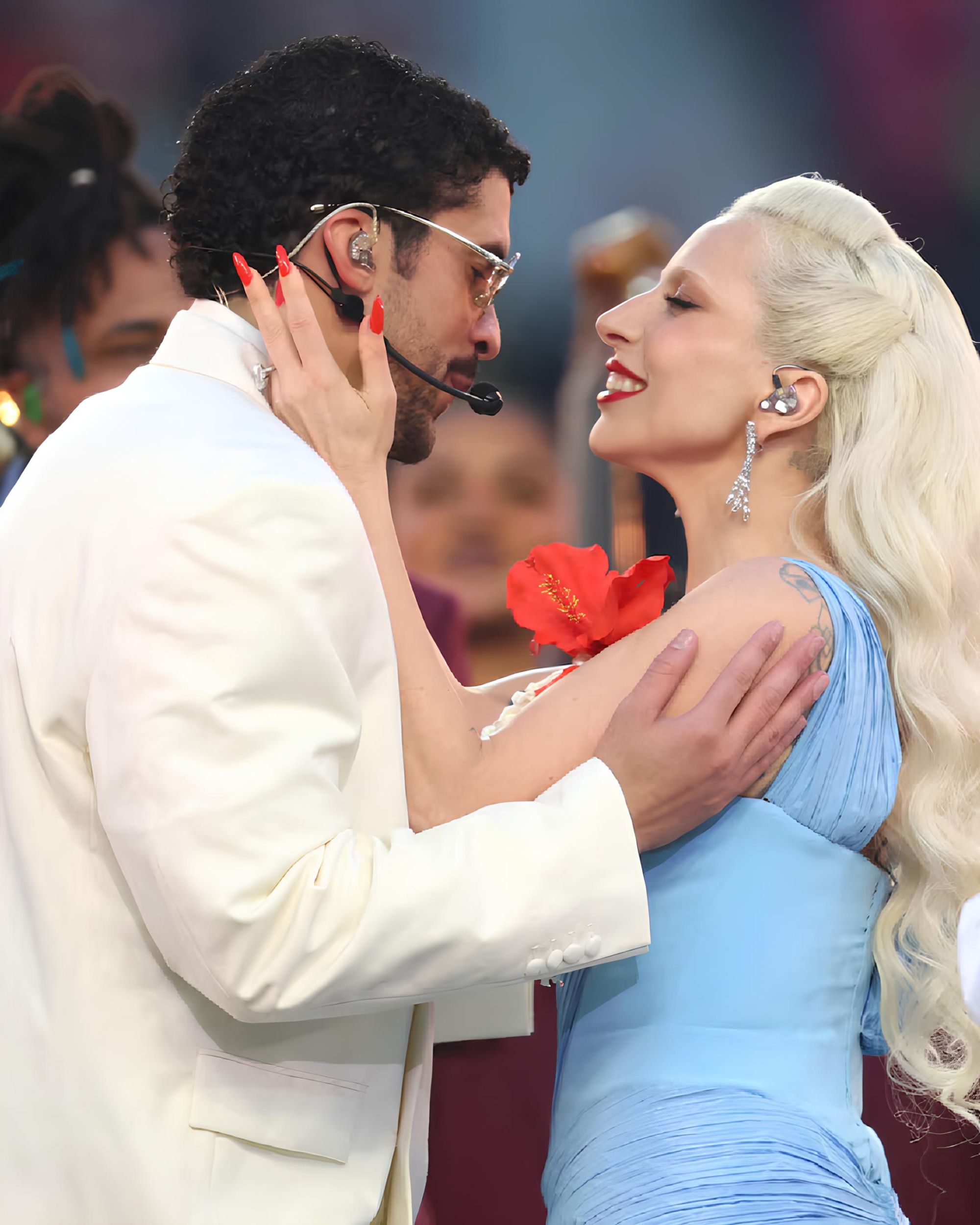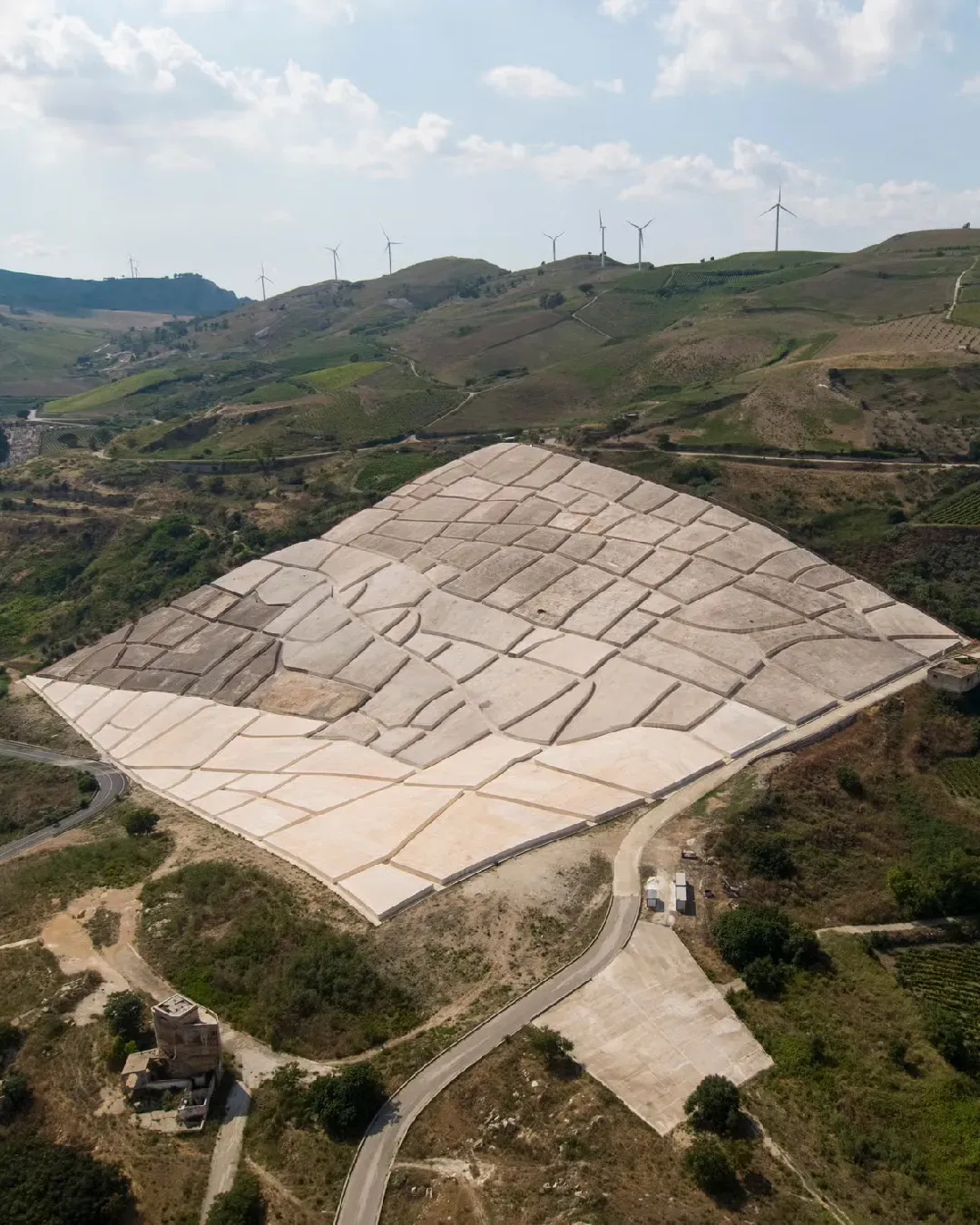
Italian music is back to its small-town roots Make way for cantautorato
The idea of a singer-songwriter as we know it in Italy coincides, in the collective memory of our parents, with figures like Teresa De Sio, Fabrizio De André, Domenico Modugno, or Gino Paoli. These are artists who have been able to tell the story of the country through customs, love, and tales passed down from generation to generation, from province to province. Like captions in a folkloric museum that represents, without filters, the human figures imprinted in our history. Singer-songwriters are an integral part of Italy's heritage, a treasure that has been missing over the last two decades but may have finally returned – and Lucio Corsi's second place at the Sanremo Festival represents the starting point: through music, something is finally happening in Italy. Interviewed far and wide by magazines and television programs, like a true singer-songwriter, Lucio Corsi states that he finds peace and concentration not in Milan but only in the Tuscan Maremma, immersed in nature and far from industry strategies. The artist – who will take the place of Olly, the Festival winner, at the Eurovision Song Contest – has repeatedly emphasized how the people from his places of origin are one of his greatest inspirations, and he often clarifies that after spending a long time in Milan, he now wants to move back to his beloved Tuscany. In short, it really seems that Italian music, after a huge journey that took Måneskin on a wonderful world tour, has returned to telling the story of the province.
Beyond Lucio Corsi, many Italian bands are making a difference: one of the most notable is Delicatoni, a band based in Vicenza formed by Antonio Bettini, Smilian Jack Cibic, Giorgio Manzardo, and Claudio Murru. Via WhatsApp, Bettini tells us that they do not follow a single genre direction, as their sound ranges from alt-pop to psych-pop, passing through the lesser-known solar pop. What fascinates about their music is the eclecticism, the precision of the gesture within total chaos. Their lyrics feature a precise geography and a continuous search for places and themes belonging to small Italian provinces without exaggeration or egotism. Their musical references are endless and go beyond geographical boundaries, a color that does not push one to fantasize about big metropolises or capitals celebrated by the frenzy of the creative class, but rather invites something more intimate, a world that does not need grandeur to exist. Outside the trajectories of the major labels, in cities like Padua, Vicenza, and Turin, a new identity is being built.
Gli altri: 15 tracce, 14 feat#Marracash: 13 tracce, 0 feat, campionamenti di Ivan Graziani e Pooh
— Rhuus (@Cinismorn) December 13, 2024
Il re
The change becomes more evident when the phenomenon begins to take hold even in worlds that, historically, remained anchored in their traditions, such as the rap scene. In Marracash's latest album, È finita la pace, samples from great Italian music artists like Ivan Graziani, Pooh, and Giacomo Puccini intertwine with the contemporary voice of the rapper in a total work devoted to and worshipping Made in Italy creativity. Artists like Lucio Corsi, Marracash, and the emerging Delicatoni thus demonstrate that Italian creativity still exists and is falling in love with narratives tied to its roots. In the song he will bring to Eurovision, Corsi tells how he wanted to be tough, a golden goose: at this point, it really seems like he has made it.

